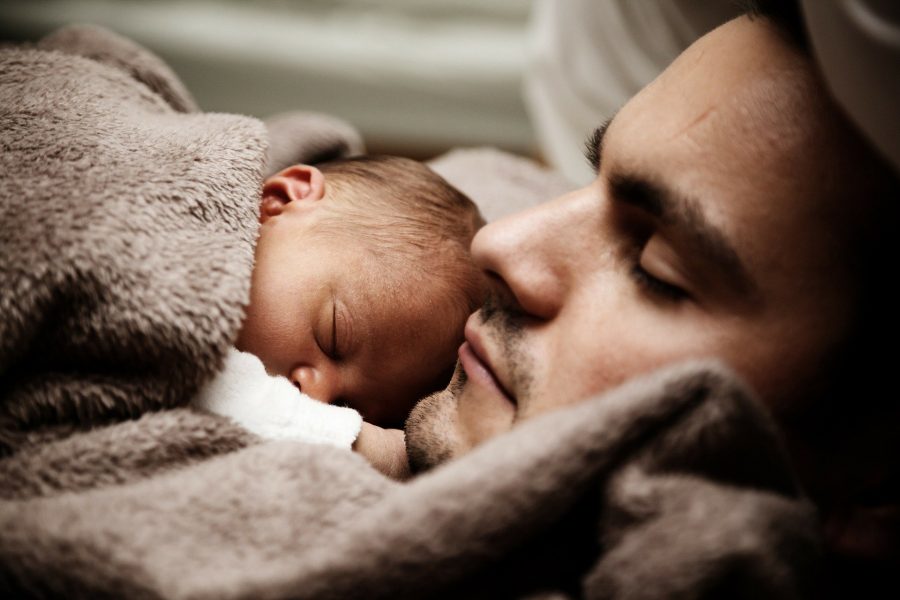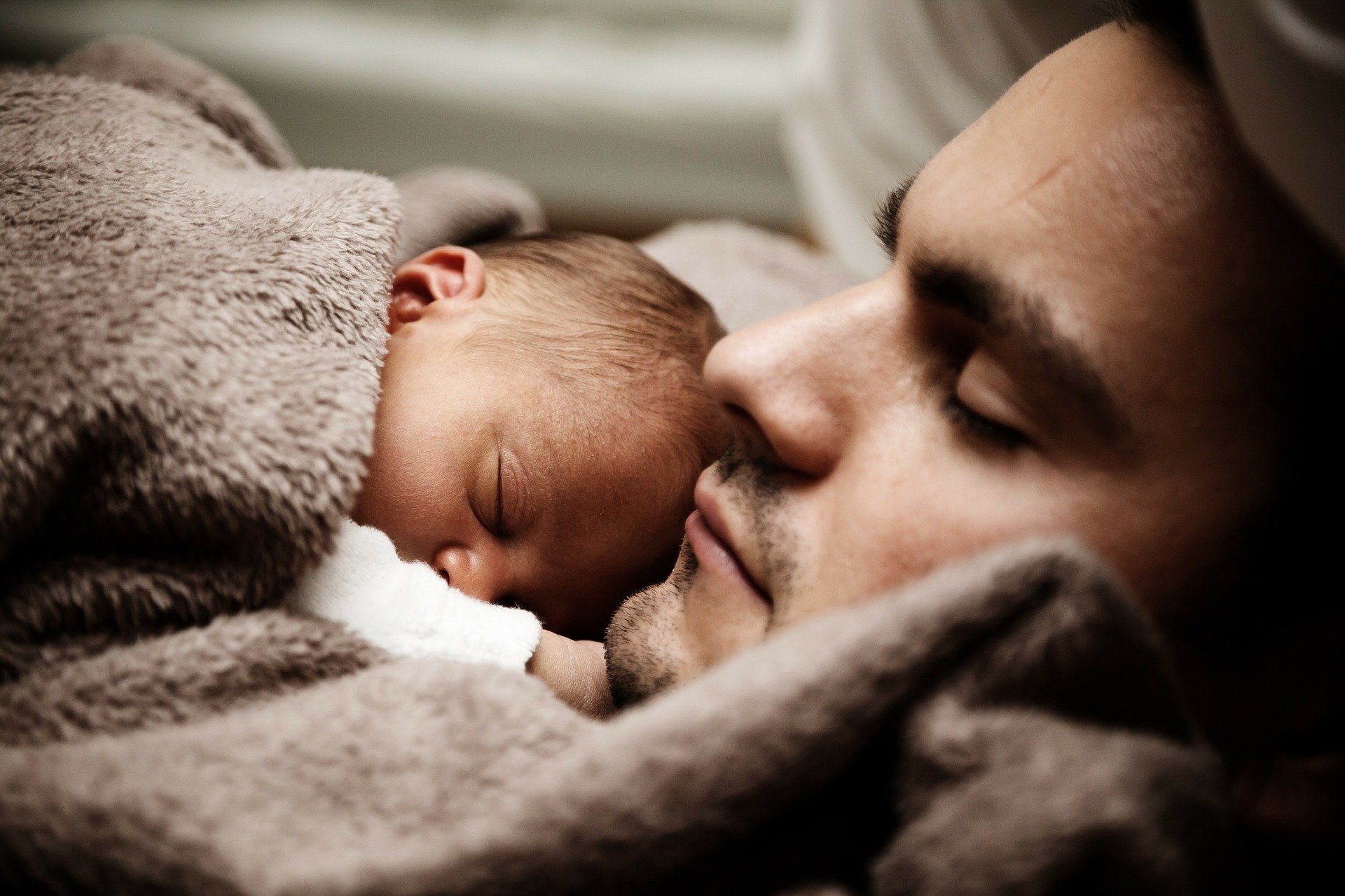
Unwed Fathers May Soon Be Allowed to Register Children’s Birth in Court Victory
In a victory for “invisible, undocumented children”, unwed fathers will soon be able to register the births of their children without the mother being present or giving consent. In a ruling this week, three judges of the Eastern Cape High Court, deemed the relevant provision of the Births and Death Registration Act, to be unconstitutional. […]

In a victory for “invisible, undocumented children”, unwed fathers will soon be able to register the births of their children without the mother being present or giving consent.

In a ruling this week, three judges of the Eastern Cape High Court, deemed the relevant provision of the Births and Death Registration Act, to be unconstitutional. It still has to be confirmed by the Constitutional Court.
The matter was initially raised by Legal Resources Centre (LRC), with the support of the Centre for Child Law, in a “public interest” application against the Minister and Director-General of Home Affairs.
They were acting on behalf of a South African National Defence Force soldier who met, and fell in love with a Congolese woman while posted on a peacekeeping mission in her country. They married according to customary law in the DRC.
She, along with their two children, came to South Africa on a visitors permit in 2015, where she gave birth to their third child.
Despite the fact that the child was born in South Africa and the father was South African, Home Affairs refused to register the birth because the mother was “undocumented”.
In the high court in 2018, Acting Judge Apla Bodlani declined to declare the sections of the Act unconstitutional. Instead, he ordered amendments to the wording of some of the regulations.
LRC was happy with Judge Bodlani’s ruling. In a statement at the time, it said it was a victory for single fathers trying to register births when the mother is foreign and undocumented or absent or had abandoned the children.
But the Centre for Child Law was intent on overturning section 10, which does not make provision for a child to receive their father’s surname or details of their father on their birth certificate without the mother’s involvement.
Home Affairs did not oppose the appeal.
Judge Sunil Rugunanan, who penned the appeal judgment, said the case affected vulnerable members of society and “a multitude of child cases” born to unmarried fathers. He said children without birth certificates were “invisible” and were effectively denied support and assistance necessary for their positive growth and development, including education and access to social grants.
“The numerous cases in the (Centre’s) papers evokes empathy if one comprehends the extent to which lack of birth registration exacerbates marginalisation,” said the Judge.
Section 10 posed a bar that was discriminatory, not only to the fathers of children born out of wedlock but to the children themselves on grounds that were arbitrary.
“A law that engenders discrimination with the potential for consequences of the enormity shown, cannot be said to be in the best interests of the child, which is paramount.”
He said the “reading in”, as ordered by Judge Bodlani, had only a limited effect and did not address the fundamental problem that section 10 in its entirety did not provide a mechanism for a child born out of wedlock to be registered in the surname of his or her father where the mother was absent.
He declared the section unconstitutional, giving the legislature two years to amend it to ensure it is “constitutionally compliant” and referred the order to the Constitutional Court for confirmation.
The Centre said: “The judgment affirms the fact that every child has the constitutionally enshrined right to a name and nationality from birth and their best interests are of paramount importance in every matter concerning the child.”
Published originally on GroundUp / © 2020 GroundUp.